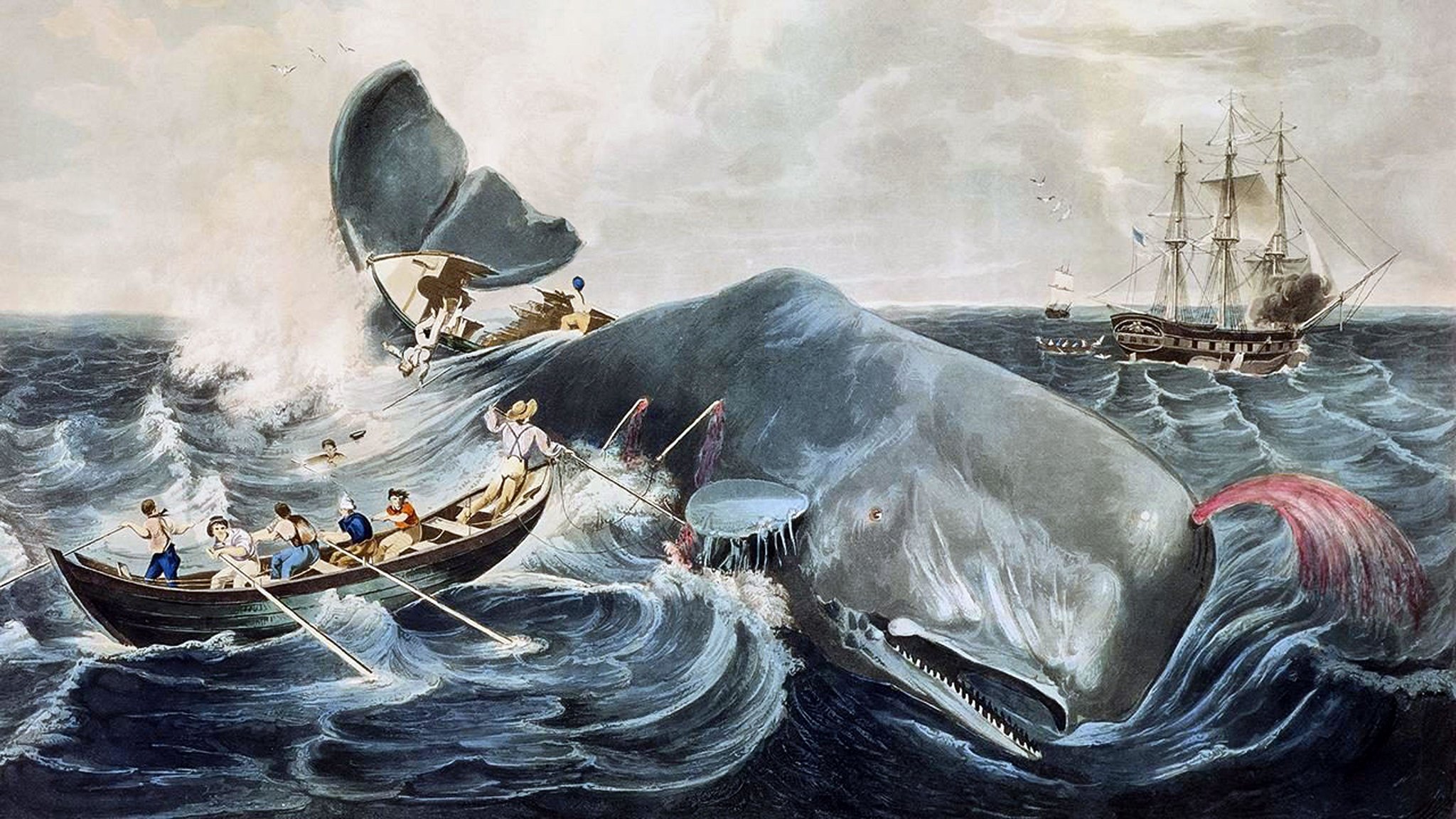Herman Melville: The Enigma Behind Moby-Dick
Hey there, fellow book lovers! Today, we're going to embark on a journey through the life and legacy of one of America's literary giants, Herman Melville. If you've ever been entranced by the epic tale of Captain Ahab's pursuit of the elusive white whale in "Moby-Dick," or if you're curious about the man behind this literary masterpiece, you're in for a treat.
The Man Who Charted Uncharted Waters
Let's start with a glimpse into the life of Herman Melville. Born in 1819 in New York City, Melville's early years were marked by a love for adventure and a thirst for knowledge. At the tender age of 21, he set sail on a whaling voyage that would forever shape his destiny and inspire some of the most profound works in American literature.
The White Whale and the Unfathomable Depths of "Moby-Dick"
Ah, "Moby-Dick" – a title that echoes through the halls of literary history. This novel is more than just a gripping sea adventure; it's a profound exploration of the human condition, obsession, and the inexorable forces of nature.
Melville's portrayal of Captain Ahab, consumed by his vengeful quest for the great white whale, is a masterstroke in character development. Ahab's monomaniacal pursuit and the psychological depths it plumbs are as haunting as they are captivating.
The Sailor's Insight: Melville's Nautical Expertise
One of the elements that set Melville apart was his intimate knowledge of life at sea. Having experienced the rigors and wonders of whaling firsthand, his writing is imbued with a level of authenticity that can only come from lived experience.
From the intricacies of rigging a ship to the pulse-quickening moments of a hunt, Melville's prose transports readers onto the rolling deck of a whaling vessel, making us feel the salt spray on our faces and the sway of the ship beneath our feet.
Bartleby, the Scrivener: A Study in Isolation
While "Moby-Dick" may be Melville's magnum opus, his repertoire extends beyond the high seas. "Bartleby, the Scrivener" stands as a stark exploration of human isolation and the dehumanizing effects of modern urban life.
Through the character of Bartleby, a quiet and enigmatic scrivener, Melville crafts a poignant commentary on the alienation that can pervade even the most bustling of workplaces. The haunting refrain of "I would prefer not to" lingers long after the final page is turned.
The Later Years: Melville's Literary Resurgence
Interestingly, Melville's works didn't enjoy widespread acclaim during his lifetime. It was only in the later years, long after he had turned to other pursuits, that his writings began to receive the recognition they deserved. His influence on later generations of writers, from F. Scott Fitzgerald to William Faulkner, is a testament to the enduring power of his words.
Melville's Legacy: A Beacon in American Literature
Today, Herman Melville stands as a beacon in the landscape of American literature. His ability to navigate the depths of human experience, to probe the complexities of the human soul, and to do so with a lyrical grace that is uniquely his own, solidifies his place among the literary greats
The Literary Landscape of Melville's Time
To truly appreciate Melville's contributions, it's important to understand the context of his era. The 19th century was a time of great upheaval, with America on the cusp of major social and political transformations. Melville's works, though rooted in specific settings, transcend their time, touching on universal themes that continue to resonate today.
A Glimpse into Melville's Creative Process
Ever wondered about the mind behind the words? Melville's writing process was a blend of meticulous research, personal experiences, and a vivid imagination. He often drew from his adventures at sea, infusing his narratives with a tangible sense of authenticity.
In the case of "Moby-Dick," Melville spent years poring over whaling manuals, studying the habits of sperm whales, and immersing himself in maritime lore. This dedication to detail shines through in the vivid tapestry he weaves throughout the novel.
Melville's Exploration of Good and Evil
One of the enduring themes in Melville's works is the exploration of the human struggle between good and evil. This dichotomy is most evident in "Moby-Dick," where Captain Ahab's relentless pursuit of the white whale blurs the lines between righteous vengeance and destructive obsession.
Melville's nuanced portrayal of morality challenges readers to grapple with complex questions about the nature of right and wrong. It's this ambiguity that lends his works a timeless relevance, inviting us to ponder the intricacies of human ethics.
Melville's Influence on Modern Literature
Melville's impact reaches far beyond his own time. His innovative narrative techniques, introspective character studies, and thematic depth have left an indelible mark on subsequent generations of writers. Authors like William Faulkner, Ernest Hemingway, and Toni Morrison have all cited Melville as a significant influence on their work.
Moreover, the themes he explored, from the human condition to the complexities of power and authority, continue to be relevant in contemporary literature and continue to inspire writers across genres.
.
Conclusion: Setting Sail with Melville
So, there you have it – a glimpse into the life and legacy of Herman Melville, the man who penned tales that continue to resonate across generations. Whether you're setting out on the high seas with Captain Ahab or navigating the labyrinthine halls of Bartleby's workplace, Melville's words have a timeless quality that will forever hold you in their sway.
So, grab a copy of "Moby-Dick," or delve into one of his other works, and let yourself be carried away on the currents of Melville's literary genius.








